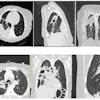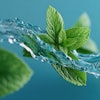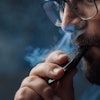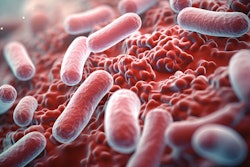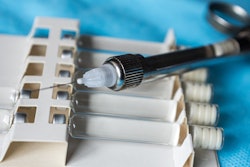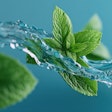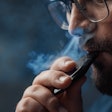In a recent study, saliva tests showed that intense exercise led to bacterial changes in the mouth, indicating that the body is constantly looking for germs. Additionally, the tests revealed a drop in signaling molecules that are needed to fend off viral infections. The study was published recently in Military Medical Research.
The research may offer insight into why patients are susceptible to respiratory infections after strenuous physical activity, the authors wrote.
“Though speculative, these data support the idea that inflammation is reduced in the oral cavity and possibly in the airways as a temporary adaptive mechanism to improve respiratory performance during intense physical activity," wrote the authors, led by Kristin Burnum-Johnson, PhD, of the U.S. Department of Energy’s Pacific Northwest National Laboratory in Richland, WA (Military Med Res, October 18, 2023).
The high demands of vigorous physical activity -- specifically that which is performed by those in jobs like firefighting, the military, and sports -- regulate processes across tissues in the body. A clearer understanding of these processes may have the potential to prevent sickness or improve performance, according to the study.
To explore the relationship between these processes and intense exercise, tests were done using urine, blood, and saliva samples collected from 11 firefighters before and after vigorous exercise that lasted for 45 minutes on a hot, sunny day in California while carrying 40 lb of gear, the authors wrote.
The saliva testing revealed unexpected results: A reduction in three proinflammatory cytokines -- interleukin (IL)-36α, IL-18, and IL-1 -- and a rise in eight antimicrobial peptides were seen in the firefighters’ saliva. Furthermore, exercise decreased the amount of the four oral bacteria: Cryptobacterium curtum, Propionibacteriaceae G-2, Absconditabacteria SR1 G-1, and Chlorobium limicola. Reductions of these germs suggest that increases in salivary antimicrobial peptides affect the type of bacteria in the mouth in addition to making it more susceptible to hosts, the authors wrote.
Nevertheless, the study had limitations, including the lack of diversity among the participants. All of the study subjects were healthy, physically fit, young adult men, they wrote. Further research is needed to explain exactly why people are more susceptible to respiratory infections after a workout and how they can prevent them.
“Decreases in inflammatory molecules and increases in antimicrobial peptides in saliva could be viewed as paired responses, one to improve respiratory function, and the other to increase immune surveillance under conditions of increased susceptibility to infection,” Burnum-Johnson et al wrote.

